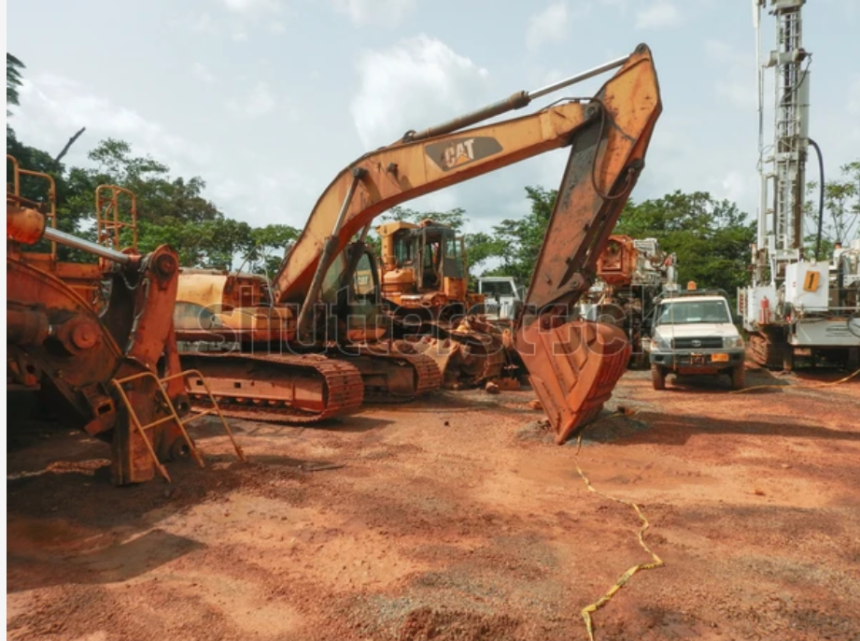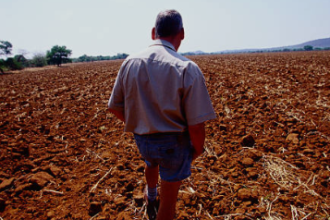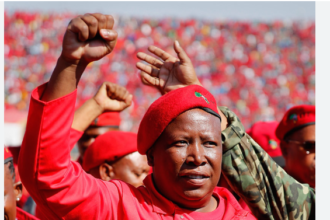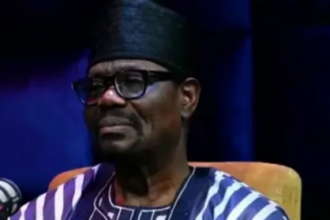Monrovia, Liberia – A growing wave of discontent is sweeping through Liberia as accusations of exploitation mount against several international concessionaires operating within the country. Critics allege that these companies are extracting valuable natural resources – including minerals, timber, and agricultural products – while providing minimal benefits to the Liberian economy and its citizens.
The issue centers around concession agreements and service contracts negotiated over the years, many of which are now being scrutinized for their alleged lack of transparency, unfavorable terms, and weak enforcement mechanisms. Experts argue that these agreements often prioritize the profits of foreign corporations over the sustainable development of Liberia, leading to a situation where valuable resources are being depleted with little trickling down to the local population.
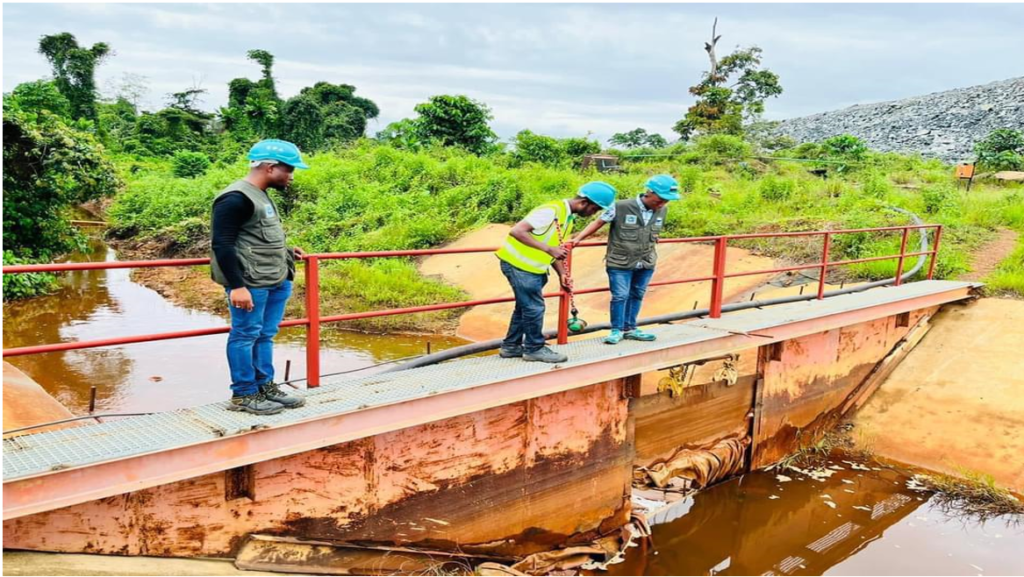
“We are essentially selling our birthright for peanuts,” lamented Samuel Johnson, a local activist from Nimba County, a region rich in iron ore. “These companies come in, extract our resources, and leave behind environmental degradation, low-paying jobs, and empty promises. Where is the development? Where is the prosperity for our people?”
The complaints are multifaceted. Environmental groups are raising concerns about deforestation caused by logging companies and the pollution of waterways by mining operations. Labor advocates point to poor working conditions and low wages for Liberian employees. Economists highlight the limited tax revenue generated from concessionaires compared to the value of extracted resources.
“The problem is systemic,” explained Larry Kou Kennedy, an economist, banker and financial management expert based in the United States. “We need a fundamental review of all concession agreements to ensure they are fair, transparent, and contribute meaningfully to Liberia’s economic growth. This includes renegotiating unfavorable terms, strengthening environmental regulations, and ensuring proper enforcement.”
Specific examples of alleged exploitation include:
- Underreporting of resource extraction: Critics claim that some companies allegedly like ArcelorMittal Liberia Ltd, Sarama Resources Limited. AmLib United Minerals. Putu Iron Ore Mining Inc. Bea Mountain Mining Corporation, China Union amongst others appear to be underreporting the volume of resources they extract, thereby reducing the amount of royalties and taxes paid to the government.
- Tax exemptions and loopholes:Â Many concession agreements include generous tax exemptions and loopholes that allow companies to minimize their tax obligations.
- Weak environmental safeguards:Â Lax environmental regulations and ineffective enforcement leave communities vulnerable to pollution and environmental damage.
- Lack of community engagement:Â Critics argue that companies often fail to adequately consult with local communities about the impacts of their operations, leading to resentment and conflict.
- Deliberate failure to construct meaningful living environment for workers and improve the communities they exploit:Â Critics argue that companies often fail to adequately consult with local communities about the impacts of their operations, leading to resentment and conflict. They also force their workforce to dwell in unpleasant housing with little or no social benefits and services. Once they leave, communities become ghost environments.
There are also complaints about contracts with Liberia APM Terminals which operates a multi-purpose port in the Freeport of Monrovia: the gateway to the Liberian economy, and the role of MedTech Scientific Company Ltd, a company chosen by the Liberian government through the Liberia Revenue Authority (LRA) to conduct Destination Inspection (DI) at the ports which over charges imports and exports, making life unbearable for citizens in the purchase power of imported goods.
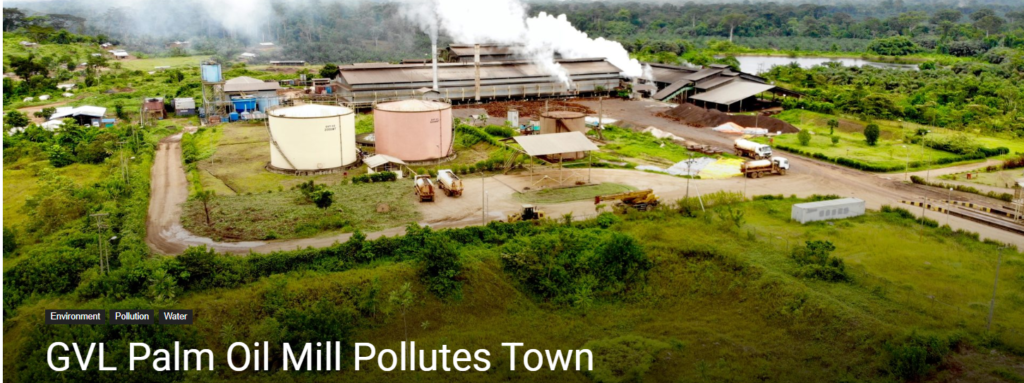
Successive Liberian governments have acknowledged the concerns and pledged to address the issues. Incumbent President Boakai has vowed to prioritize resource governance and ensure that future concession agreements are more beneficial to Liberia.
“We are committed to ensuring that Liberia’s natural resources are used for the benefit of all Liberians,” President Boakai stated in a recent address. “We will review existing agreements, strengthen regulatory frameworks, and hold companies accountable for their actions.”
However, skeptics remain, pointing to the powerful influence of international companies and the history of corruption in Liberia. They argue that real change will require sustained political will, increased transparency, and a strong commitment to good governance.
The situation in Liberia highlights a broader challenge facing many resource-rich developing nations: how to balance the need for foreign investment with the imperative of ensuring sustainable development and benefiting the local population. As Liberia grapples with this challenge, the international community is watching closely, with the hope that the country can find a way to harness its vast natural resources for the prosperity of all its citizens.


